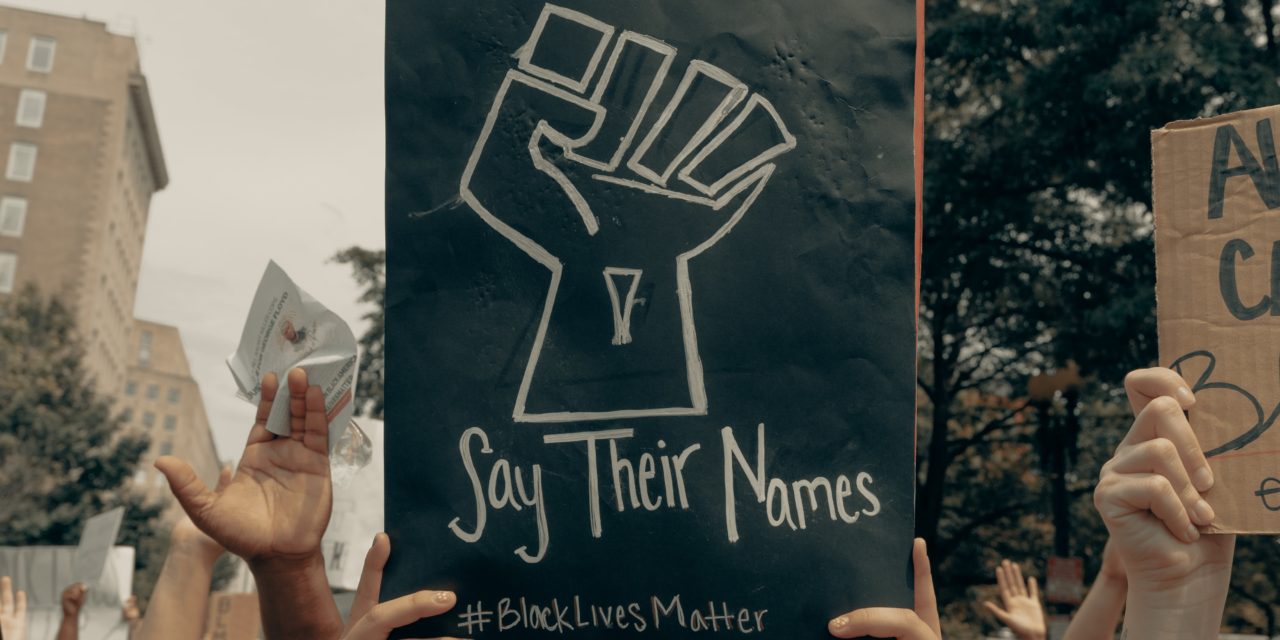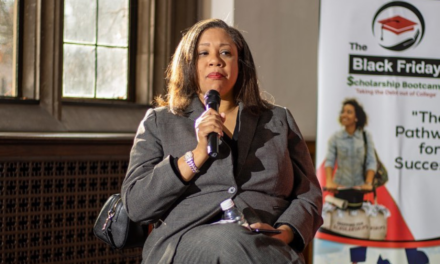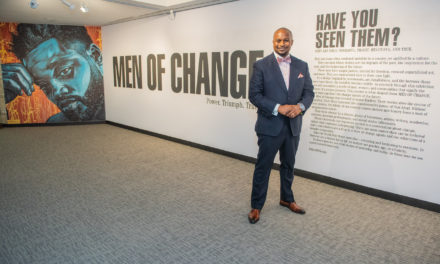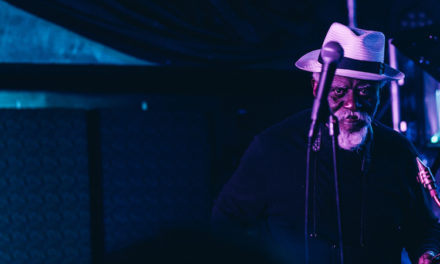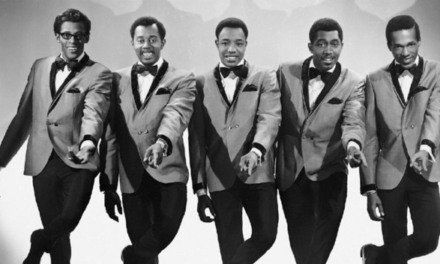Conversations about racial injustice are often fueled by the heartbreaking news of yet another African American dying at the hands of police officers.
From Patrick Lyoya, George Floyd, Breonna Taylor, Daunte Wright, Andre Hill, Aura Rosser, Philando Castile, Tamir Rice, Michael Brown, Tanisha Anderson to the many others who have died after interactions with police, racial disparity, discrimination and inequity are long-standing issues in American society. Detroit Public TV’s “American Black Journal” is committed to telling the stories that impact people of color and sharing resources and conversations about racial injustice, inequality, and police brutality.
Below you will find a list of racial injustice resources for a wide variety of uses, from early childhood to teens and adults. Whether these conversations start among people at marches and rallies, or more privately among family and friends, we hope these resources provide guidance and context for the issues surrounding racial injustice in America, as well as to educate, inform and inspire change in communities across the nation.
Racial Injustice Resources:
American Black Journal | Racial Discrimination and Police Reform Roundtable
In the wake of former Minneapolis police officer Derek Chauvin being convicted of murdering George Floyd, where do we go from here? Chauvin was held accountable, but the struggle for justice continues. Host Stephen Henderson moderates a roundtable discussion about police reform, systemic racism and the psychological impact of racial discrimination with Southfield Police Chief Elvin Barren, Black Lives Matter Detroit co-leader John Sloan III and Dr. Riana Anderson, assistant professor at the University of Michigan School of Public Health.
American Black Journal | A Special Roundtable Discussion on Police Brutality & Systemic Racism
“American Black Journal” Host Stephen Henderson sits down with Karen Dumas, Communications Strategist at Images & Ideas, Inc., Brandon Brice, “Straight Talk” Host for 910 AM Superstation, The Urban Convservative’s Kerry Leon Jackson and Greg Bowens, PR & Political Consultant at Bowens & Company, for an in-depth discussion of the national and global protests against police brutality and systemic racism.
One Detroit | What Police Should Be Doing With ‘The End of Policing’ Author Alex Vitale
What role should police be playing in our communities? One Detroit’s Will Glover and Author of “The End of Policing” Alex Vitale sit down for a candid conversation about the role that police play in society and our communities, how policing should be adapted for today and much more.
One Detroit | Michigan Lt. Governor Garlin Gilchrist on the Root of Racial Unrest
Pain and frustration over police brutality and racial justice have led to protests and demonstrations not only in Michigan, but nationwide. Christy McDonald talks with Lt. Governor of Michigan Garlin Gilchrist about what true policy changes can be made to combat systemic racism.
Racial Injustice Resources From PBS Learning Media:
Teens Talk About Encounters With Police Violence
PBS NewsHour | Teens Talk about Encounters with Injustice and Police Violence
Kailynn Pratt tells us about her experiences protesting over George Floyd’s death in Detroit and being violently arrested by a police officer, and Justin Sybron discusses his first encounter with injustice. In third grade a group of older white boys physically attacked him and his school failed to protect him.
Internet Activism and Social Change
PBS Learning Media | Civil Rights: Internet Activism and Social Change
Examine social media’s influence in America’s Civil Rights movement and its role in democratizing the media, in this video from Eyes on the Prize: Then and Now. Activists, including DeRay McKesson, use social media to support the work of social change protesters. Because communications are unmediated and occur in real time, McKesson says, social media can help build community. Tamika Mallory calls social media a powerful asset, enabling people who have never met before to share information and support one another’s efforts. Bree Newsome points out that without social media, people might not even have heard of important cases—including those of Trayvon Martin, Mike Brown, and Sandra Bland. This resource is part of the Civil Rights: Then and Now collection.
Talking to Children About Race and Racism
PBS Learning Media | Talking to Children Authentically About Race and Racism
This PBS KIDS for Parents-hosted conversation features fellow parents, educators, child development and trauma experts who join us to share tips and resources for how to talk with young children about racial injustice and violence against Black people. Explore questions such as: How can parents of Black children continue to instill confidence and pride in young kids while also explaining the racial inequity and barriers that continue today? And, how can parents of non-Black children help young kids understand their role in confronting anti-Black racism? Hear questions from fellow parents and learn tips and resources you can use to continue to have these meaningful conversations now and into the future.
Campaigning for Racial Justice
PBS Learning Media | Black Lives Matter: Campaigning for Racial Justice
Learn about the origins, objectives, and makeup of Black Lives Matter, an activist black youth-led movement that campaigns against police brutality and other forms of racism, in this video from Eyes on the Prize: Then and Now. The movement, which grew from “a love note to black people” that appeared on social media, attracts a broad range of social justice supporters. Its key objectives include building up the black community, electoral politics, revisiting Civil Rights-era ideas like freedom schools, and expanding the conversation beyond U.S. borders. Co-founder Patrisse Cullors calls today’s civil rights movement a human rights movement, aimed at countering anti-black racism globally. This resource is part of the Civil Rights: Then and Now collection.
The Road to Racial Justice
PBS Learning Media | Al Sharpton: The Road to Racial Justice
Al Sharpton expresses his thoughts on racial equality in America and describes the challenge today’s activists face in order to organize for—and sustain—real change, in this video from Eyes on the Prize: Then and Now. Sharpton recognizes the frustration and anger that many black Americans share because their access to voting rights, criminal justice, and economic opportunity has been restricted. He also acknowledges that some progress has been made, comparing today’s world with that experienced by earlier civil rights organizers. While Sharpton commends the excitement exhibited by today’s young activists, he highlights the need to create a sustainable long-term movement. This resource is part of the Civil Rights: Then and Now collection.
Subscribe to Detroit Public Television’s YouTube Channel & Don’t miss American Black Journal on Tuesday at 7:30 p.m and Sunday at 9:30 a.m. on Detroit Public TV, WTVS-Channel 56.
Catch the daily conversations on our website, Facebook, Twitter and Instagram @amblackjournal.
View Past Episodes >
Watch American Black Journal on Tuesday at 7:30 p.m. and Sunday at 9:30 a.m. on Detroit Public TV, WTVS-Channel 56.

